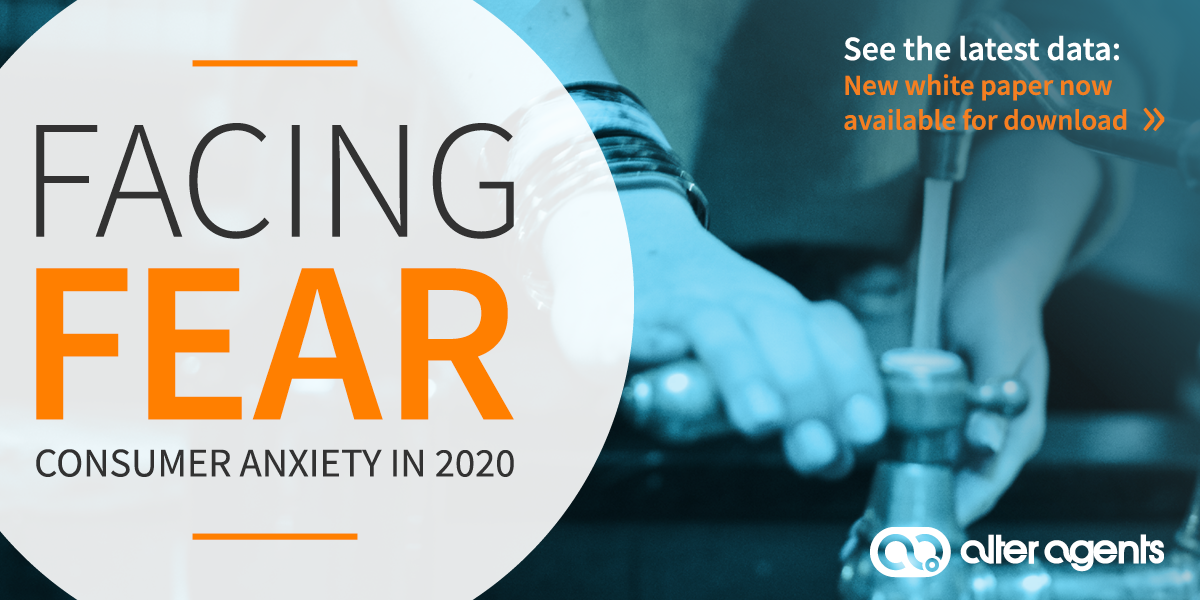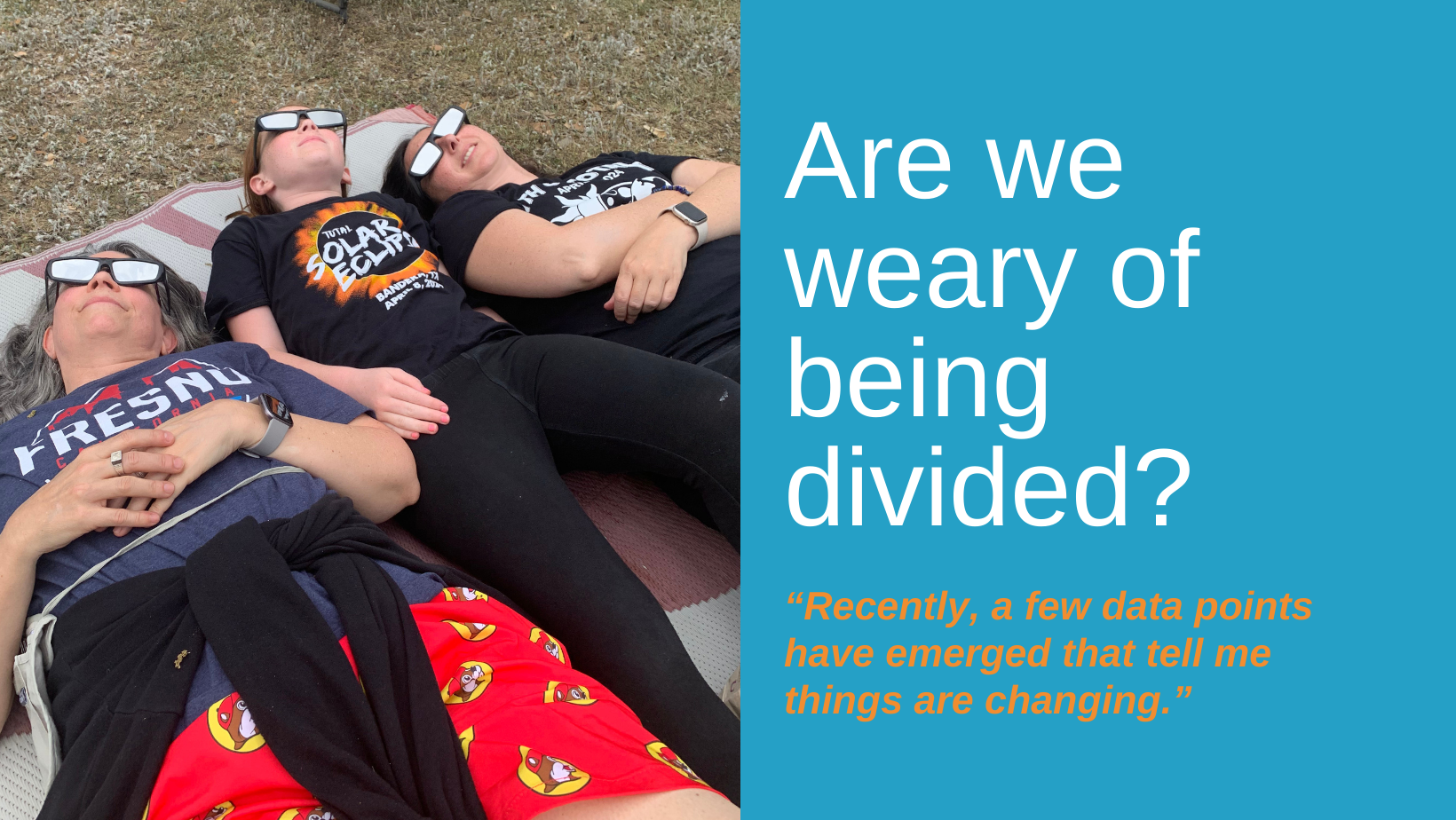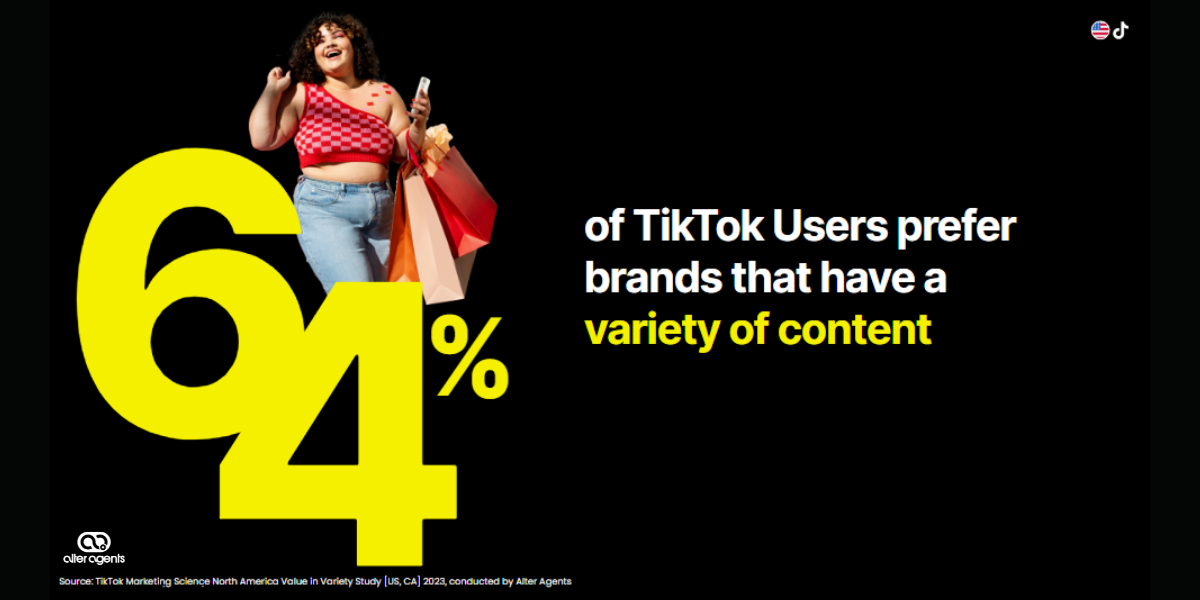
Facing Fear: Consumer Anxiety in 2020 Report Released
Our consumer fear research has taken on new meaning as we are able to compare our pre-pandemic findings to insights from the summer of 2020. We are excited to release our newest white paper, “Facing Fear: Consumer Anxiety in 2020,” representing the second wave of our study that shows how consumer sentiment has shifted due to diverse and powerful forces around the globe. In it, we examine how systemic consumer fears have risen and shifted due to the pandemic, increased economic uncertainty and social justice movements, as well as how brands can navigate this new reality.
Our CEO, Rebecca Brooks, said, “Recent events have exacerbated consumer fear, and we know that brands need to deeply understand how this potent emotion is affecting their audiences. Through a comparison of our first wave of research to this latest one, we can clearly see the behavior and sentiment shifts that have occurred in America since pre-pandemic times. In a time of transformation, brands have an opportunity to step up, show leadership and support customers as we all move forward together.”
Key Findings:
- Social justice has entered the top three areas of concern for many respondents, who cited racial issues (34%) and police brutality (24%) at a higher level than the December study, which held at 18% and 9% respectively.
- Optimism continues to crumble, with respondents who expressed optimism in their personal future dropping by eleven points, from 81% at the end of 2019 to 70% in June.
- Fear surrounding healthcare remains high, with an unchanged 40% of respondents placing it in their top three areas of concern. Reasons surrounding this have changed from high cost (December 2019), to actually being able to receive care (June 2020).
- Nearly half said that they had reduced spending or cut back to buying only essentials (47%), and over half said that they would be doing so for the remainder of 2020 (56%).
- Respondents from racial minorities were also more likely than their white counterparts to report having experienced a job loss (10%) or taken a pay cut (8%) as a result of the pandemic’s economic impact.
- The gender gap, especially among parents, has intensified with the onset of the pandemic. Women are more worried about their family’s mental and physical health (31%), and bear a greater burden of providing childcare with school closures.
We closely examines changes in consumer sentiment and behavior from December to June, showing the impact of heightened stressors from societal trends. An analysis of how fears and anxiety change based on gender and race is also included, as well as advice for brand actions during this transformational period of change.
About the Methodology
The study is based on our June 2020 quantitative survey conducted among approximately 1,000 U.S. adults, plus 100 respondents each from African American, Asian American, and Hispanic/Latino groups to better represent the views of people of color in the aggregate data. This was compared to the same data collected in November 2019, using the same methodology. The June questionnaire included additional questions related to COVID-19 and racial justice.
Our Facing Fear Research Series
Drawing on world-class analysis from researchers at Alter Agents and commentary by thought leaders in economics, political science, and psychology, this reporting series is a must-read to understand the consumer mindset entering the second year of the pandemic.
Facing Fear: Understanding Anxious Consumers
Facing Fear: Consumer Anxiety in 2020
Facing Fear: Overcoming Consumer Anxiety
Interested in having thoughtful research like this conducted to answer your business challenges?
Thought Leadership Updates
Get updates in your email.






